I’ve been listening to people preach petting zoo safety for 15 years, along with all kinds of food safety gospel, and it’s all faith-based.
Elizabeth Weise of USA Today reports a cluster of flu cases linked to contact with pigs has doctors at the U.S. Centers for Disease Control and Prevention warning people to wash up and 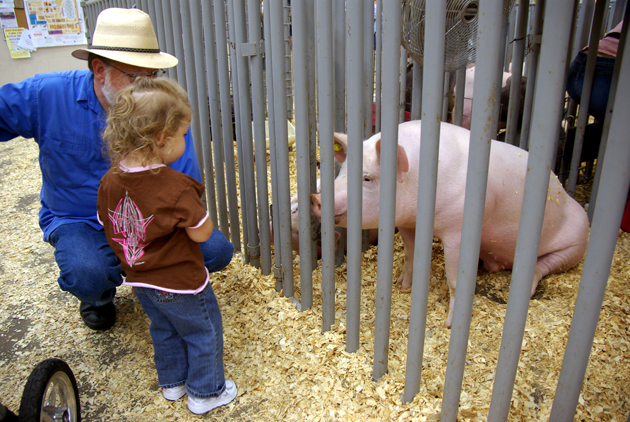 avoid eating around animals as they attend county and state fairs.
avoid eating around animals as they attend county and state fairs.
The new influenza strain sickened at least 12 people last week. All cases involved recent contact with pigs at agricultural fairs. Hawaii and Indiana each has one case, and 10 were linked to last week’s Butler County Fair in Ohio. Four other cases have been linked to a county fair in Indiana that ran July 8-14. None resulted in hospitalization or death.
The new flu goes by the name influenza A (H3N2) variant, or H3N2v, and was first identified in humans a year ago, says Joseph Bresee of the CDC Influenza Division. Of the 29 cases that have been reported so far, 80% "had swine contact before getting ill and most of that contact was at county fairs," he said.
To avoid H3N2v, people attending agricultural fairs and other events involving swine should take these precautions, CDC says:
• Wash hands with soap and water before and after exposure to animals.
• Avoid eating, drinking or putting anything in the mouth in animal areas.
• Don’t take food or drink into animal areas.
• Pregnant women, young children, the elderly and those with chronic illnesses should avoid exposure to animal areas.
• If you develop flu symptoms after attending an agricultural fair, tell your doctor.
• Avoid sick pigs.
How do you know whether a pig is sick? Look for "a pig that’s got a runny nose, goop in their eyes or they’re standing away from other pigs in the enclosure," says Lisa Ferguson, a veterinarian with the Department of Agriculture’s National Animal Health Policy Program.
More rock, less BS.


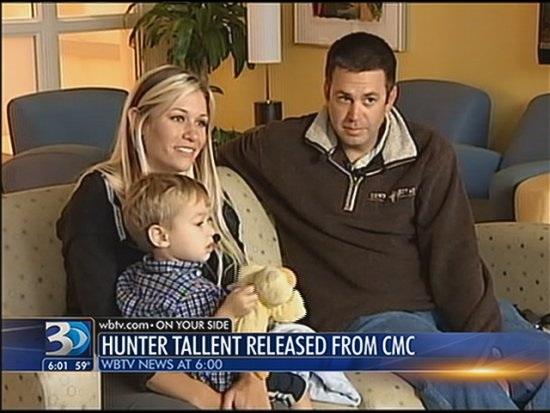 Cole Creek Arena in Casar.
Cole Creek Arena in Casar..jpg)
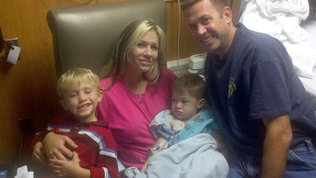 according to state health officials.
according to state health officials. pit with goats, sheep, cattle, and shelled out some cash to feed the animals from a cup. Kids were crying and falling in poop, animals were scarfing down food, parents were interested in the free hat upon departure from the enclosed area.
pit with goats, sheep, cattle, and shelled out some cash to feed the animals from a cup. Kids were crying and falling in poop, animals were scarfing down food, parents were interested in the free hat upon departure from the enclosed area.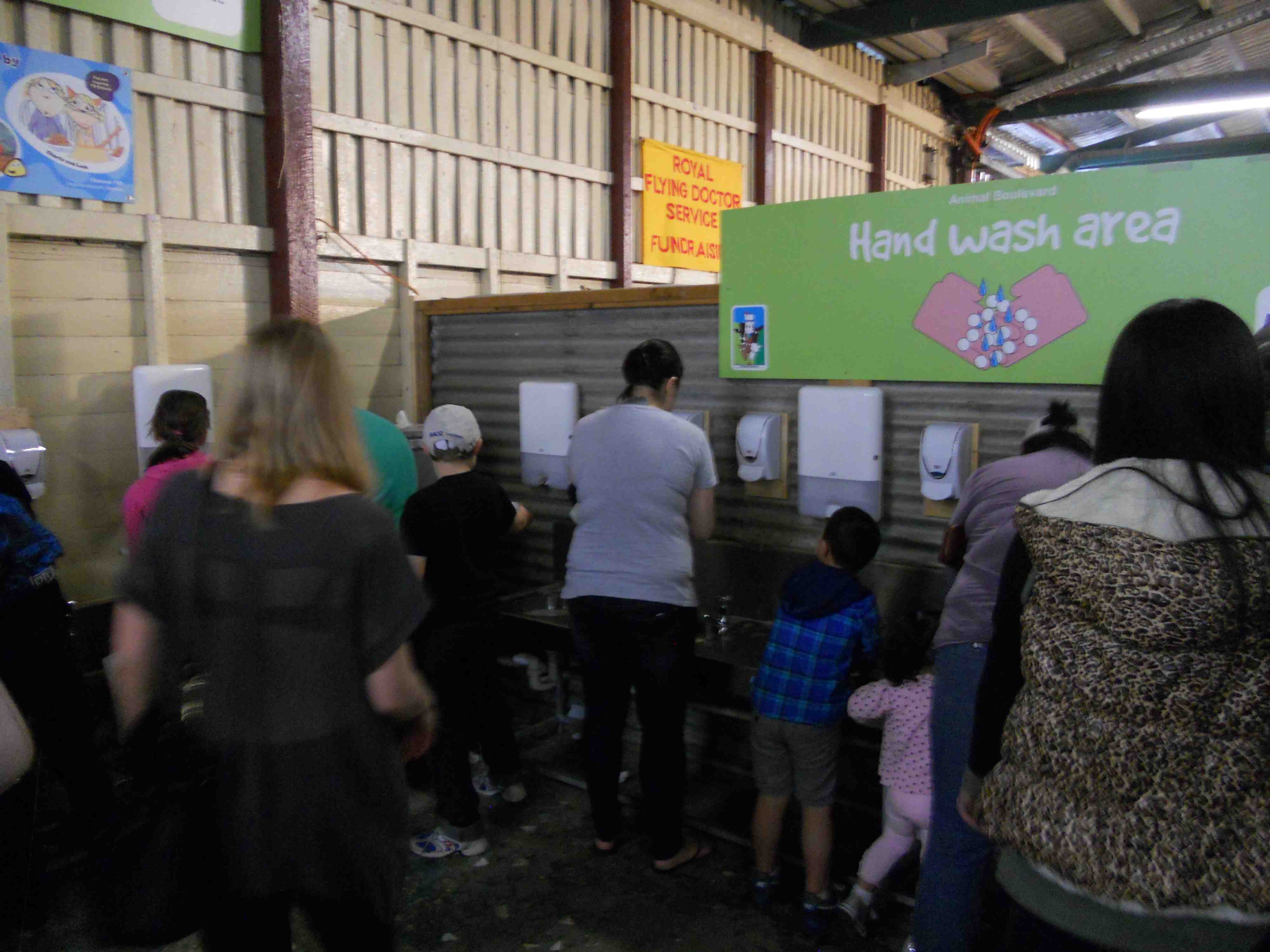
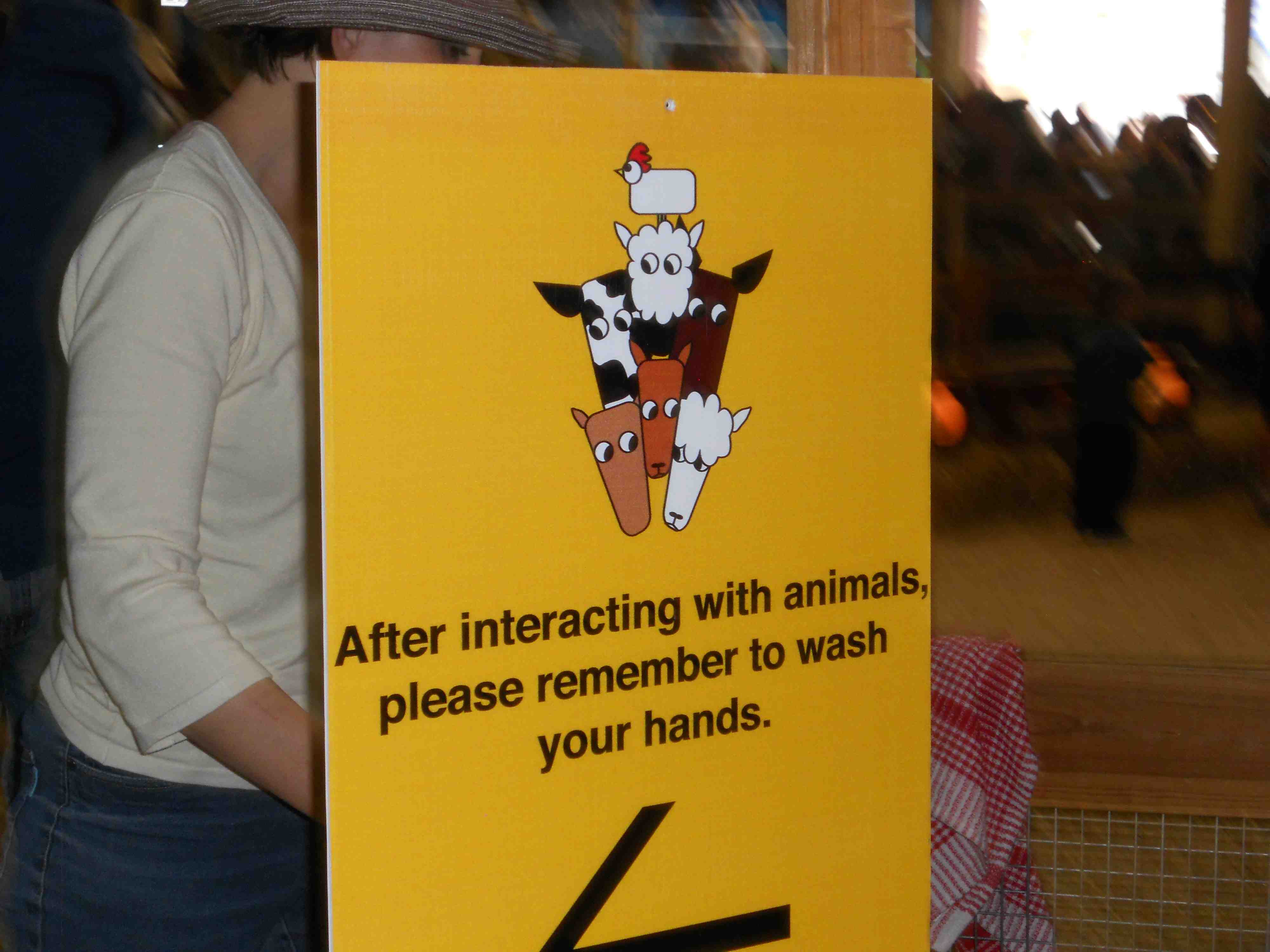
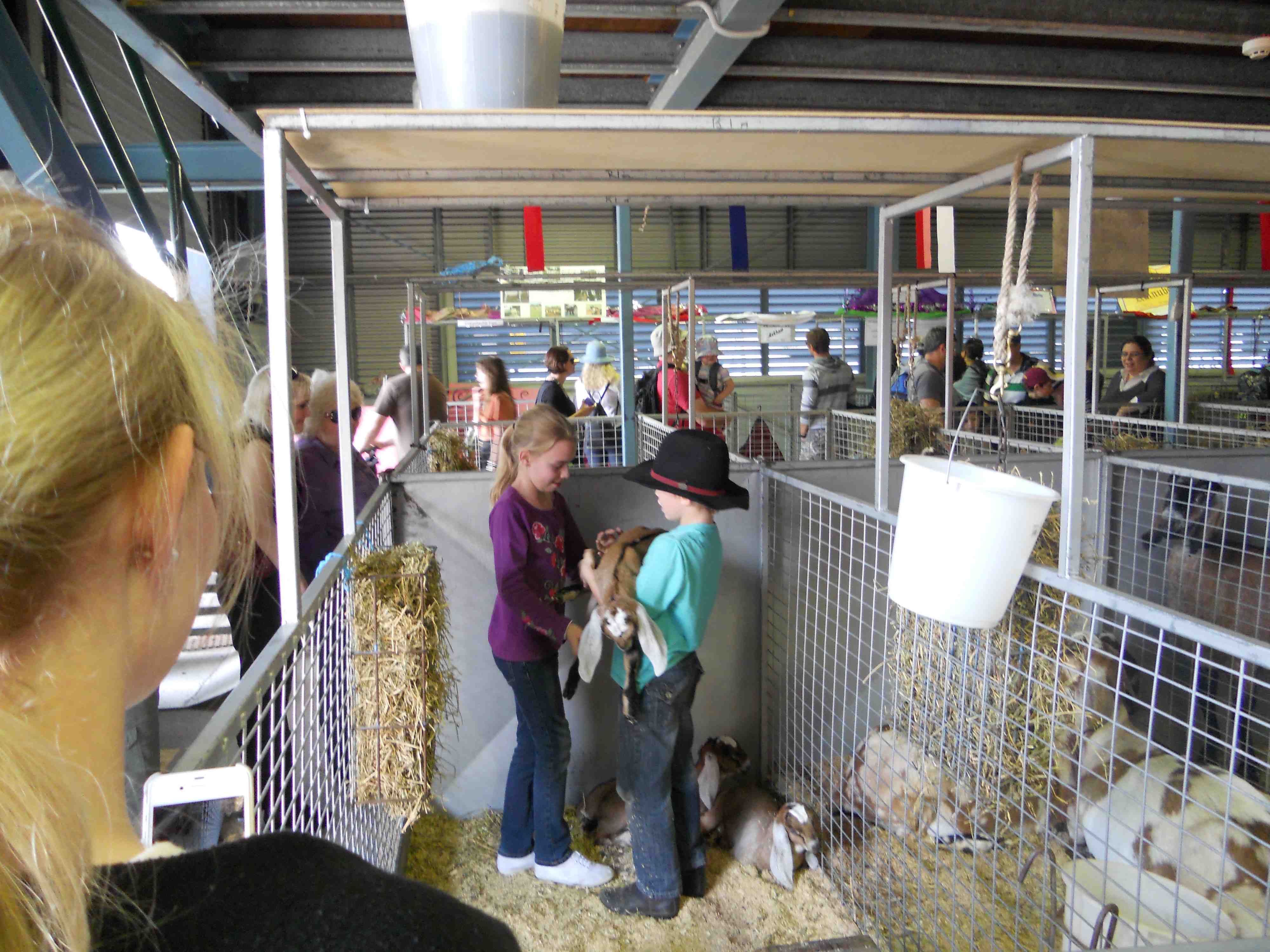 “That will be $2 for two.”
“That will be $2 for two.”.jpg) interacting with animals. The summary is below. The complete report is available at
interacting with animals. The summary is below. The complete report is available at  food, you have to have a license to do that.”
food, you have to have a license to do that.” some non-potentially-hazardous baked goods," Rosendahl said. "We don’t know what issues may be in the home. It’s not an inspected kitchen."
some non-potentially-hazardous baked goods," Rosendahl said. "We don’t know what issues may be in the home. It’s not an inspected kitchen." be ammonium chloride.
be ammonium chloride.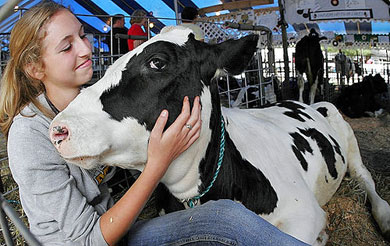 developed severe stomach disorders after eating hamburgers at McDonald’s outlets.
developed severe stomach disorders after eating hamburgers at McDonald’s outlets.